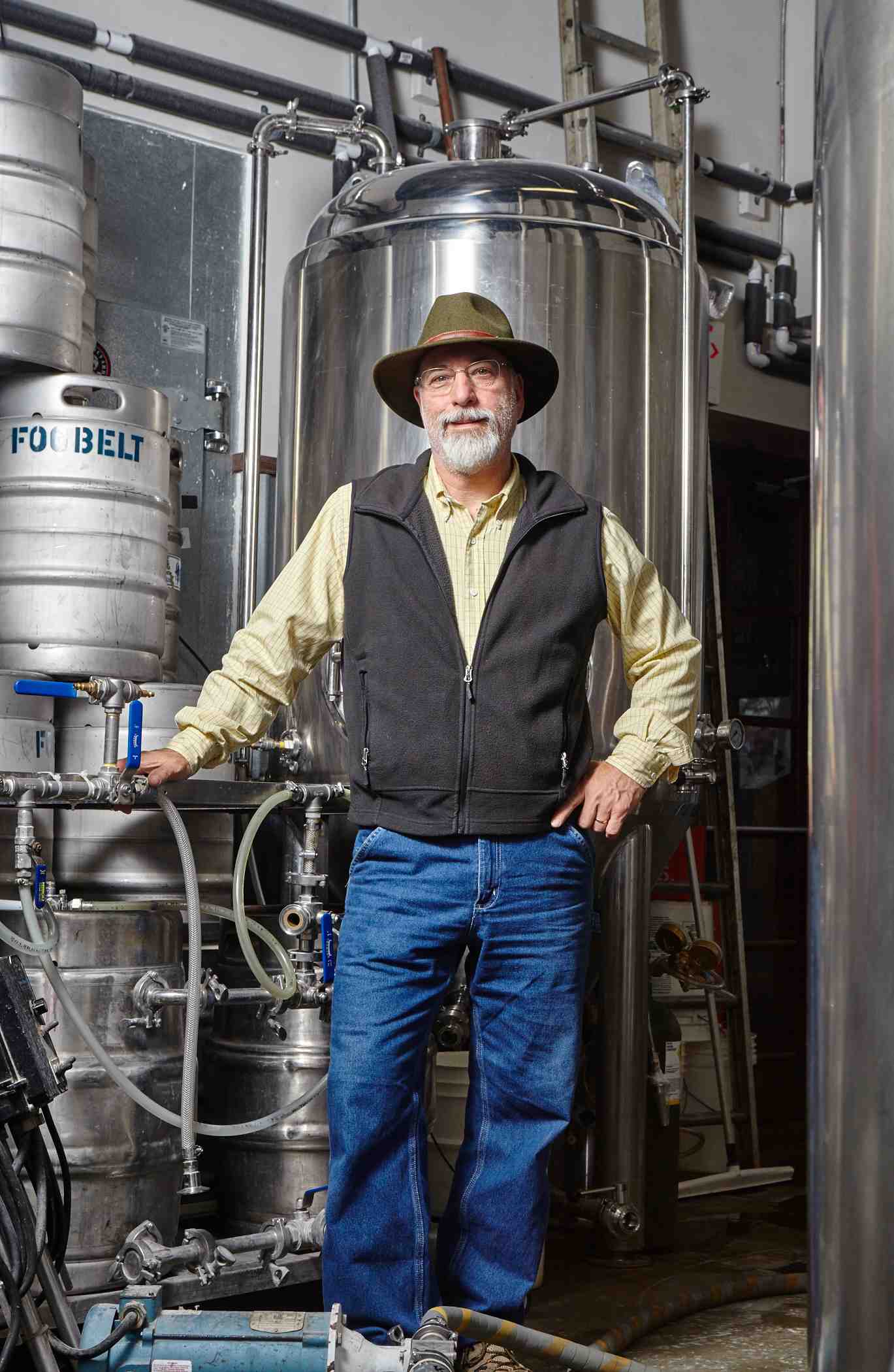UCCE Farm Advisor Paul Vossen set to retire.
Imagine the bucolic glory of farming in Sonoma County 100 years ago! Except for that beetle. Or that fly. Or that leaf fungus that the trees simply can’t shake.
And then the harvest doesn’t come in. And then the money doesn’t come in. And then the bills mount up. And then the property goes into default. And then you pack up and head to Bakersfield and perhaps one of your grandkids makes it back up here a hundred years later and feels fortunate to rent a $2,000 granny unit set on a corner of the driveway abutting your former orchard.
Wouldn’t it have been wonderful a century ago to be able to ask for some help?
That’s what the Farm Advisor is for. Established by the University of California 100 years ago, the UC Cooperative Extension Farm Advisor’s job is to take the learning and advancements directly from the university’s Ivory Tower and deliver it to the people who need it most.
Paul Vossen has been the farm advisor to Sonoma County for 35 years; to Marin County for most of those. When he retires on June 30, nearly two generations of North Bay farmers will lose a trusted friend.
“My mandate, since I’m a university person, is science-based information,” Vossen says. “If you have a question, I’ll do field research on the topic.”
Vossen’s tackled many topics in his tenure, but his work with grapes, apples, and olives makes him most proud.
“My job is to look at what are the types of things that we could grow and produce here in Sonoma County that fit our climate, our water resources, our niche in terms of marketing and to ask, can we produce some things that have some inherent value?” Vossen explains. “Part of that was always looking at something that would set itself apart from an imported product or even one from another part of California.”
Beset by moths and other difficult-to-control diseases, apple production was an immediate concern. Vossen spent a decade researching how to best grow apples organically and published the Organic Apple Production Manual in 2000.
“That was a big accomplishment. Then I did the same thing for olives.”
Vossen helped to establish the California Olive Oil Council in 1996, which was recognized by the International Olive Council in 2001. “We had this budding industry and a lot of people were blindly producing oil not knowing if it was good or not,” he says.
“I essentially introduced to California the whole notion and the methodology for determining sensory quality of olive oil. You know—taste, smell.”
While there are those who feel that the North Bay is overplanted to grapes, Vossen is pragmatic. “I realize the value of wine grapes to this economy,” he says. “They use about half or a third of the water of other crops. They use a fraction of pesticides because you’re not concerned with cosmetics. There are a lot of advantages to wine grapes, and this economy would be in a world of hurt without them.”
Newly married, in retirement Vossen plans to enjoy time with his wife, keep up with his olive oil work, go to his favorite European haunts, do private consulting, and study hop production. His brother died young and, at age 60, Vossen doesn’t want to waste what’s left of his time.
But there is one matter he wouldn’t mind setting straight: His stance on organic.
“I’ve done a lot of work with organic production and yet some people would say, ‘Vossen isn’t very organic-minded,’” he says.
“I was put in a strange position. I’ve always been very interested in the organic side of things. But, the difference is, and this is a little bit like biodynamics, is that there’s this nearly spiritual aspect to organic production. Like, if you add enough compost to your soil, you’ll be able to skip through the fields and harvest all of these crops and live happily ever after.”
He laughs a bit.
“As a scientist, my community had to say: Prove it.”

